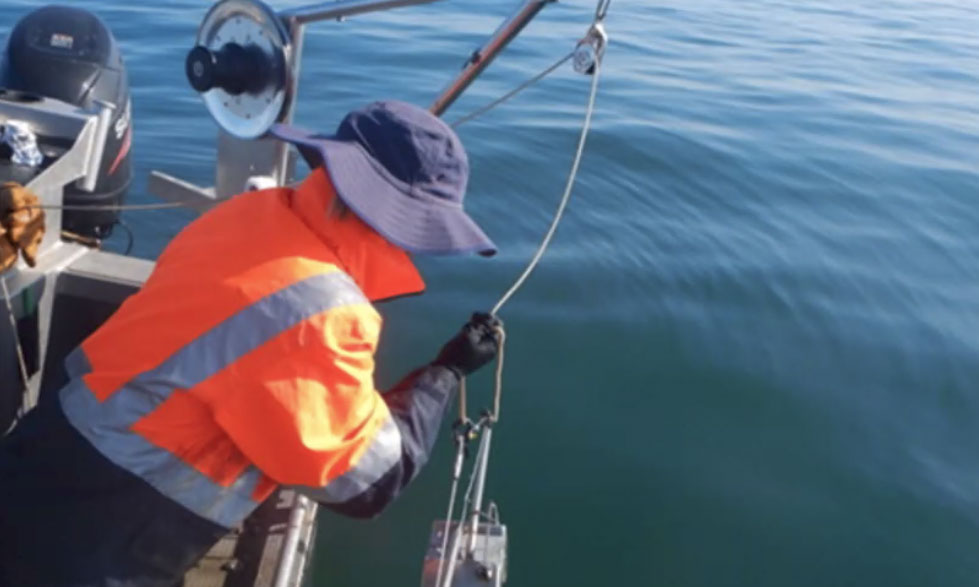 Establishing a baseline of bay condition: pollutants and ecological indicators
Establishing a baseline of bay condition: pollutants and ecological indicators
Background
Port Phillip Bay (PPB) is vulnerable to the pressures of anthropogenic activities, e.g., urbanisation and industrialisation, which discharge various pollutants that contribute to declining bay health. Efficient conservation requires comprehensive monitoring and assessment of the bay’s diverse ecosystems. This project will apply chemical screening to determine sediment contamination and eDNA techniques to assess microbiome composition. Together, this knowledge will enable us to determine if contaminated sediments are affecting key microbial processes like nitrogen cycling. This information is critical for guiding actions to manage impacts of anthropogenic activities on bay health and in tracking against targets outlined in local/state government strategies.



Images by Monica Tewman
Key Points
- The program will be conducted across four regions within Port Philip Bay, including Hobsons Bay, Werribee, Geelong Arm and Mud Island.
- Sampling will be undertaken at 5 locations within each region, with a total of 20 sampling locations.
- Results will provide current levels (a baseline) for heavy metals, hydrocarbons and pesticides for the use of local/state government agencies, industry, and community to plan actions
- Microbiome composition of PPB sediment and its relationship to pollution will be investigated and a microplastics analysis will be undertaken
- Workshops will be held to discuss project outcomes and identify actions to protect the bay

Below the Surface: What a micro-pollutant study reveals about bay health
For the latest findings from our Port Phillip Bay Micro-pollutants Study watch this webinar. Hosted by the Port Phillip Bay EcoCentre and presented by Dr Jackie Myers (AQUEST's own) and Dr Morgan Ellis of Deakin University. Results from our recent Baseline micro-pollutant study for Port Phillip Bay study were presented and an engaging discussion had. A report will be able shortly.
If you have any queries please contact us at aquest@rmit.edu.au
Partners

Supporters
Melbourne Water
Expected completion date
2024
For more Information
Contact: Vincent.Pettigrove@rmit.edu.au
#PPB #contaminants #baseline assessment #Port Phillip Bay Fund # Deakin #Melbourne Water
Funded through the Victorian Government, Port Phillip Bay Fund